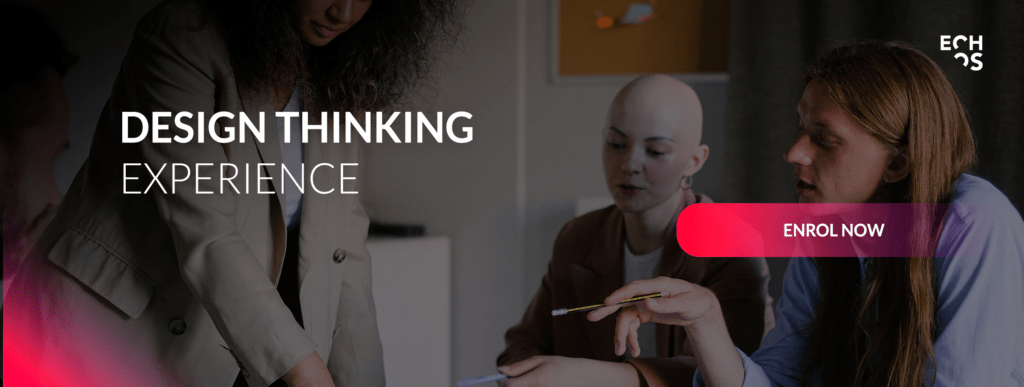In 1966, Charles Whitman killed his wife and mother and then climbed the Texas Tower, where he killed 17 more people and injured 41 others.
To find out the motives for these senseless killings, the governor of Texas, Governor Connelly, asked Dr Stuart Brown to be on the Fact-Finding Task Force as a consulting psychiatrist for the case.
The find
Charles Whitman’s father was overbearing and had abused and deprived Charles of play throughout his childhood.
Intrigued by this finding, Dr Stuart went on to study the importance of play in young males by interviewing 8000 participants.
The conclusion
Stuart concluded that people with play in their lives were usually successful, and people with play deprivation had dangerous long-term consequences.
Besides being helpful to prevent crimes, play is known in the design and innovation world because:
- It helps us be more creative,
- Lower preconceptions, and
- Helps us be open to experimentation.
Nothing new starts from being 100% confident. So when we’re creating new solutions and new ways of doing business, we need to open up for play to make creativity and innovation flow.
As Dr Stuart Brown mentions in his book, “When we stop playing, we stop developing, and when that happens, the laws of entropy take over – things fall apart. “
We often tend to block play in business because it can lead to silliness or waste of time. However, when we’re missing play, we can also be missing all the factors that can contribute to creativity and innovation.
In life and in business, “when we stop playing, we start dying” Dr Stuart Brown in his book PLAY.
Here are insightful recommendations from Brendan Boyle, a partner at Ideo and D.School professor who co-hosted the course PLAY with Dr Stuart Brown (They both host a PLAY course at the D.School at Stanford)
Brendan recommends that the best way to start pushing play is through the company’s values and practices. It’s about changing the business culture.
- Learn from failure
Fail fast to succeed sooner is a mantra from Ideo; you also need to do an autopsy from failure so that you can do better.
Another tip is to resource “likes” and “wishes”. In our courses (also learned from the D.School), we always end with an “I like, I wish” session where we learn from our clients (participants) on what worked and what could be better.
- Talk less and do more
Don’t overthink; start doing it. Thinking can happen in your whole body, not only in your brain, so prototyping and making stuff is beneficial. A prototype can also create engagement which is crucial when creating change.
- Collaborate
Ask, co-create and engage. Make sure you’re making others feel successful as well.
- Be Optimistic
There’s a big difference between being childish and childlike. Being optimistic and playful does not mean that it can’t be serious.
In our design thinking workshops, I sometimes see some horrified faces when we start a creative (and playful) workout.
At first, it sounds silly because you have to make yourself vulnerable. Still, after a while, the ones who were most worried were the ones who were embracing and enjoying play the most.
This is when the magic happens. People start to open up, be more empathetic, and be more experimental and create some pretty incredible solutions. What I now know is that what sounds like magic is actually the evidence of play.
Play is an activator for flow moments that are counter-intuitively very productive and focused – precisely the opposite of what you would typically think about play.
Look up our courses on Design Thinking and how they can help unleash the best creative potentials in your team.
*https://www.pgpedia.com/b/stuart-brown
http://www.nifplay.org/blog/play-deprivation-a-leading-indicator-for-mass-murder/
—
Follow us on social
instagram: @echosaustralia
facebook: @ECHOSaus
linkedin: @echos-innovation-lab
youtube: ECHOS Innovation Lab
spotify: Desired, the podcast
How Can We Help?
For training and Innovation Journeys in your company:
check out our in-house course offering.
____
For upcoming courses in your region: visit our website.
____
If you have a special project and would like to use Echos’ consultancy services: send us an email: contact@echos.cc
Want to speak to a real person? Call us on 1300 502 006



